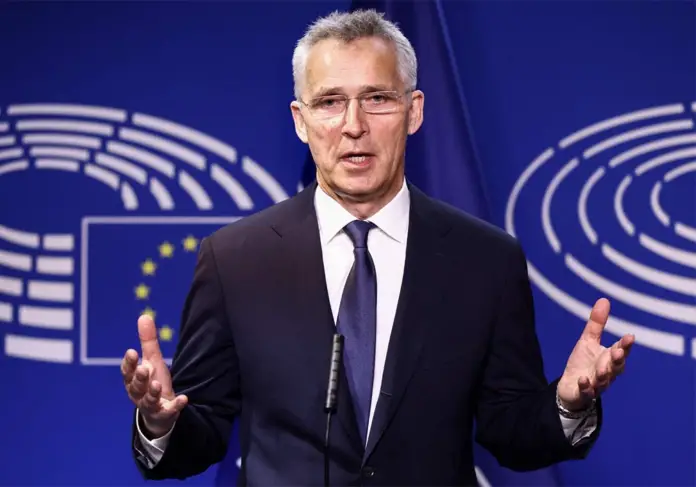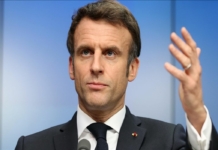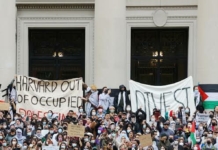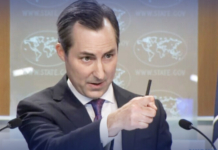Four months of brutal fighting in Ukraine appear to be straining the morale of troops on both sides, prompting desertions and rebellion against officers´ orders, British defense officials said Sunday while NATO´s chief warned the war could drag on for “years”.
“Combat units from both sides are committed to intense combat in the Donbas and are likely experiencing variable morale,” Britain’s defense ministry said in its daily assessment of the war.
“Ukrainian forces have likely suffered desertions in recent weeks,” the assessment said, but added that “Russian morale highly likely remains especially troubled.” It said “cases of whole Russian units refusing orders and armed stand-offs between officers and their troops continue to occur.”
Separately, the Ukrainian Main Intelligence Directorate released what it said were intercepted phone calls in which Russian soldiers complained about frontline conditions, poor equipment, and overall lack of personnel, according to a report by the Institute for the Study of War.
In an interview published on Sunday in the German weekly Bild am Sonntag, NATO Secretary General Jens Stoltenberg said that “nobody knows” how long the war could last. “We need to be prepared for it to last for years,” he said.
He also urged allies “not to weaken support for Ukraine, even if the costs are high, not only in terms of military aid, but also because of the increase in energy and food goods prices.”
In recent days, Gazprom, the Russian gas company, has reduced supplies to two major European clients – Germany and Italy. In Italy’s case, energy officials are expected to huddle this week about the situation. The head of Italian energy giant ENI said on Saturday that with additional gas purchased from other sources, Italy should make it through the coming winter, but he warned Italians that “restrictions” affecting gas use might be necessary.
Germany will limit the use of gas for electricity production amid concerns about possible shortages caused by a reduction in supplies from Russia, the country’s economy minister said on Sunday. Germany has been trying to fill its gas storage facilities to capacity ahead of the cold winter months.







